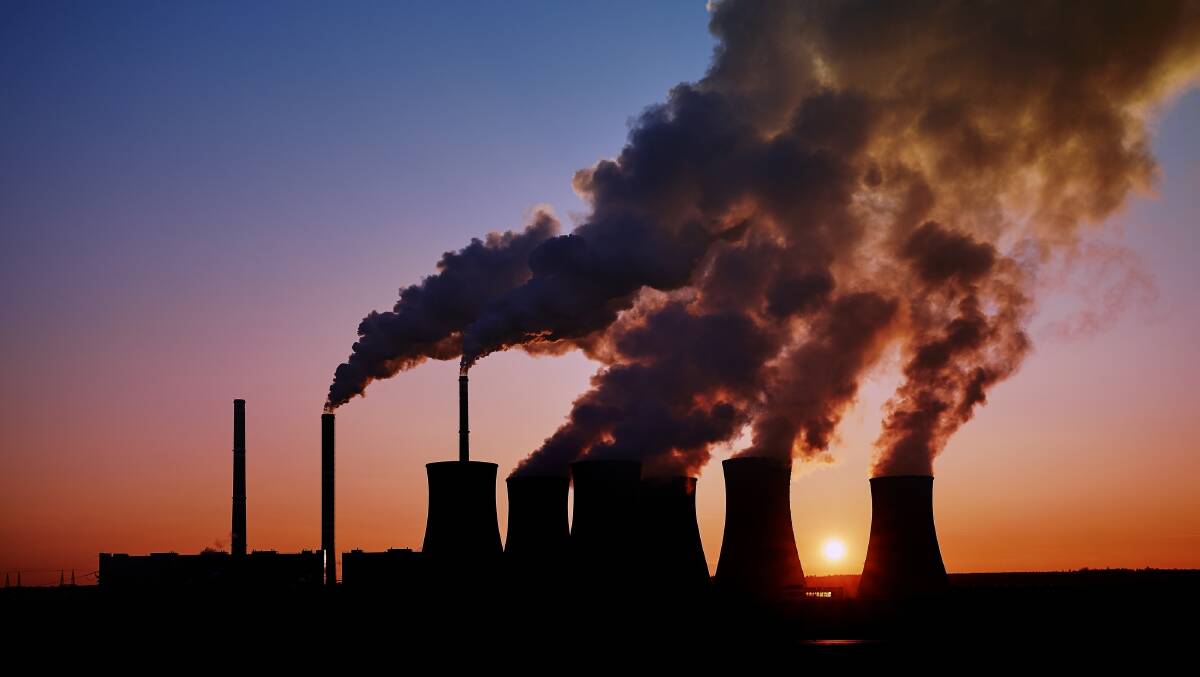The Albanese government has said it wants Australia to reclaim a leadership role on climate action.
Subscribe now for unlimited access.
or signup to continue reading
One of its first acts was to increase Australia's nationally determined contribution to the Paris Agreement from a 26-28 per cent reduction in 2005 emissions by 2030 to 43 per cent.
As it prepares for its first post-election Conference of Parties, it has the opportunity to take two further significant steps towards a return to the global fold on climate change.
The government has now committed to sign the global methane pledge, for which it should be applauded.
The pledge has now been adopted by 122 countries but was explicitly rejected by the previous Australian government.
There are obvious benefits to Australia in joining the two-thirds of UN member states who have signed the pledge. Methane is a potent greenhouse gas, which the Intergovernmental Panel on Climate Change estimates has contributed around 30 per cent of global warming to date. A little over half of Australia's methane emissions come from agriculture; the remainder are largely fugitive emissions from fossil fuel extraction and emissions from landfill.
Meat and Livestock Australia, whose members account for most of Australia's agricultural methane emissions, has already committed to net zero greenhouse gas emissions by 2030.

Providing active government support to achieve this will boost Australia's future competitive edge in selling climate-friendly meat into high-value markets that are seeking to decarbonise their imports, such as the European Union.
Our competitors in the US and New Zealand are already on this path: Australia can now avoid being left behind.
Signing the global methane pledge will also signal Australia's seriousness in capturing the 28 per cent of its fugitive methane emissions from fossil fuel extraction.
It will underline the government's seriousness in reforming the safeguards mechanism to capture industrial emissions and provide a strong investment signal.
A further opportunity for Australia to reclaim its credentials as a serious international partner is to sign onto the Glasgow statement on international public support for the clean energy transition to phase out funding for fossil fuel projects overseas.
Australia is a relatively small financier of fossil fuel projects overseas, through Export Finance Australia.
The $125 million on average per year that it provided between 2018 and 2020 represented only around a tenth of the total value of EFA's financing, and a small fraction of the estimated $101 billion on average per year of international public finance going to fossil fuel projects.
READ MORE:
The Climate Change (consequential amendments) Act 2022 requires EFA to ensure its activities are consistent with the government's greenhouse gas emission reduction targets and its Paris Agreement commitments.
Signing the Glasgow statement would deliver a clear message, including to international investors, that Australian government-backed finance will not worsen the problem.
The funds could usefully be re-allocated to investments in the clean energy transition.
This will not only meet our national security and economic interests in limiting the already devastating effects of climate change; it will also limit Australia's exposure to the significant financial risks associated with fossil fuel investments.
In 2009, Australia was part of a G20 commitment to phase out inefficient fossil fuel subsidies.
While most of the work Australia needs to do on this lies in domestic policy, the government should make a visible public commitment to not being part of the problem by providing international public finance to fossil fuel projects, but instead being part of the solution by assisting development partners to decarbonise their energy sectors.
Such a gesture will be appreciated by our Pacific island neighbours and our trading partners alike.
The third step Australia could take is to increase our financing commitment for adaptation in developing countries.
Financing for loss and damage suffered by developing countries from climate change will be a theme of COP27 and Australia could demonstrate the seriousness of its commitment to climate action by substantially raising its climate finance contribution.
Taking these three steps at COP27 will be a tangible demonstration that Australia is genuinely committed to returning to the international community as a serious partner on climate change.
- Janaline Oh is a former Australian diplomat and climate negotiator and executive director of Diplomats for Climate Action Now.

